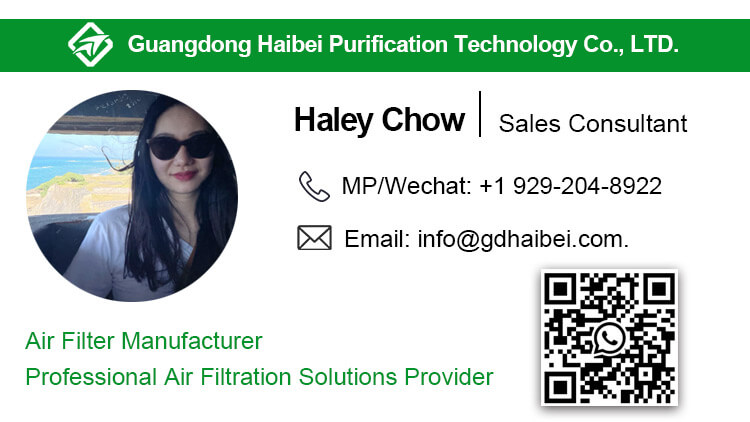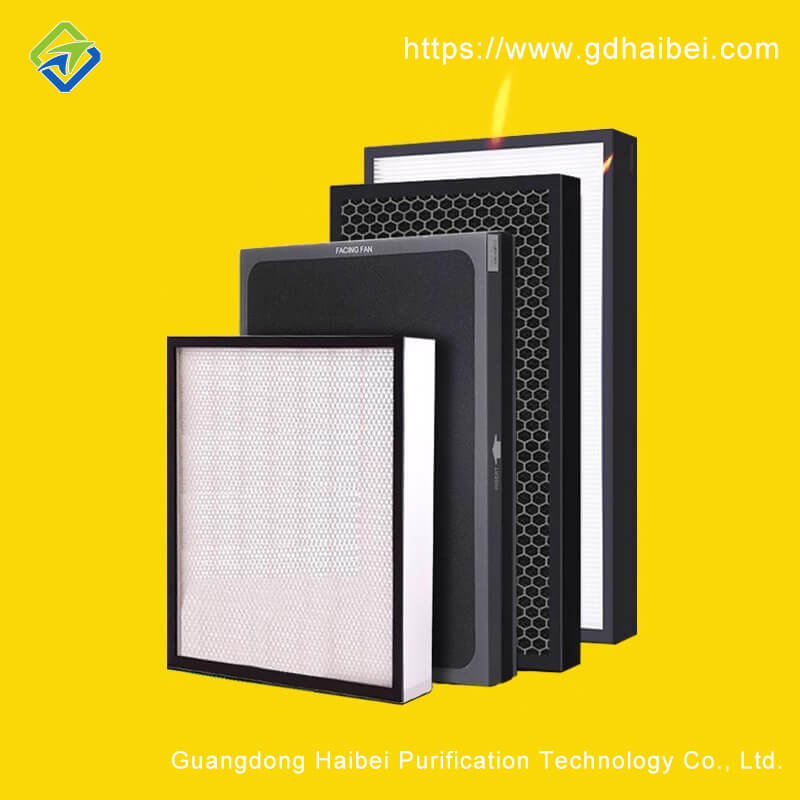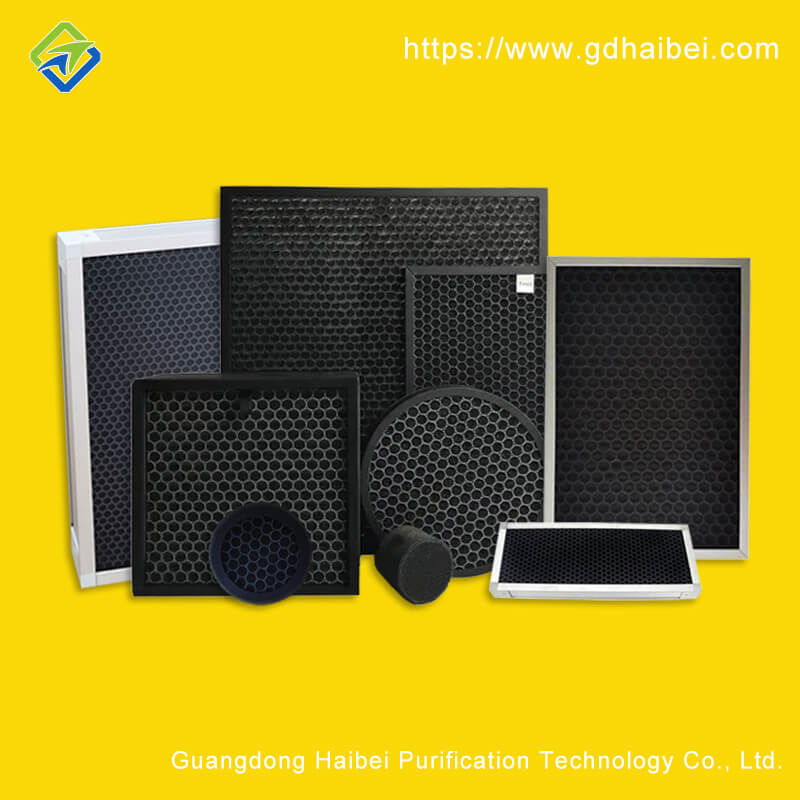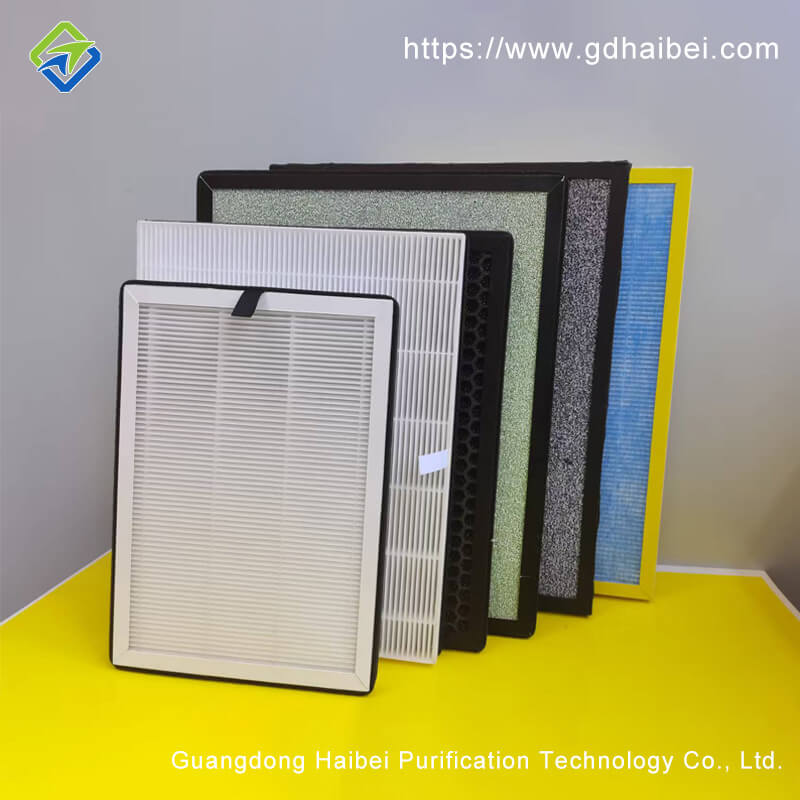Allergies affect millions worldwide, turning everyday breathing into a struggle. From sneezing fits to itchy eyes, the culprit often lurks in the air we inhale. This is where air filters step in as a game-changer, providing a sanctuary of clean air within our homes.
Types of Air Filters
High-Efficiency Particulate Air (HEPA) filters are the gold standard for allergy relief. These filters can capture at least 99.97% of particles as small as 0.3 microns, including pollen, dust mites, pet dander, and mold spores. They work by forcing air through a fine mesh of fibers, trapping tiny allergens that would otherwise trigger your symptoms.
Activated carbon filters are designed to absorb odors and chemical pollutants. While they may not catch as many microscopic particles as HEPA filters, they excel at neutralizing volatile organic compounds (VOCs), smoke, and strong smells that can exacerbate allergy symptoms. Ideal for those sensitive to airborne chemicals, they complement HEPA filters in comprehensive air purification.
Electrostatic Filters
Electrostatic filters use an electrical charge to attract and hold particles. They can capture a wide range of allergens, but their efficiency varies. Some models are reusable and easy to clean, making them a cost-effective option. However, their performance may degrade over time, so regular maintenance is crucial.
Key Features to Consider
When choosing an air filter for allergies, focus on these critical aspects:
Filtration Efficiency: Opt for a filter with a high MERV (Minimum Efficiency Reporting Value) rating. For severe allergies, a MERV 13 or higher, often found in HEPA filters, is recommended.
CADR (Clean Air Delivery Rate): This rating indicates how quickly a filter can clean the air in a room. A higher CADR means faster purification, especially important in larger spaces.
Size and Coverage: Match the filter to your room’s size. A filter too small won’t effectively clean the air, while an oversized one may be a waste of resources.
Noise Level: Quiet operation is essential, especially if you plan to run the filter at night. Look for models with low decibel ratings.
Top Picks for Allergy Relief
[hepa activated carbon filter]: Combining HEPA and activated carbon filtration, it offers dual protection against particles and odors.
Maintenance Tips
Regular maintenance ensures your air filter performs at its best:
Cleaning: For reusable filters, clean according to the manufacturer’s instructions, usually every 1-3 months.
Replacement: Disposable filters should be replaced every 3-6 months, depending on usage and air quality.
By choosing the right air filter and maintaining it properly, you can significantly reduce allergy symptoms and enjoy fresher, cleaner air. Don’t let allergens control your life—take control of your indoor air quality today.
Explore our full range of air filters and find the perfect solution for your needs. If you need assistance purchasing filters or confirming filter size, please call +1 929-204-8922 (9-5 EST Monday-Friday) or email info@gdhaibei.com.











